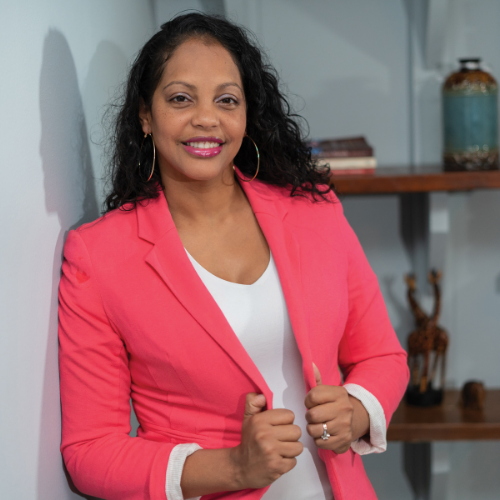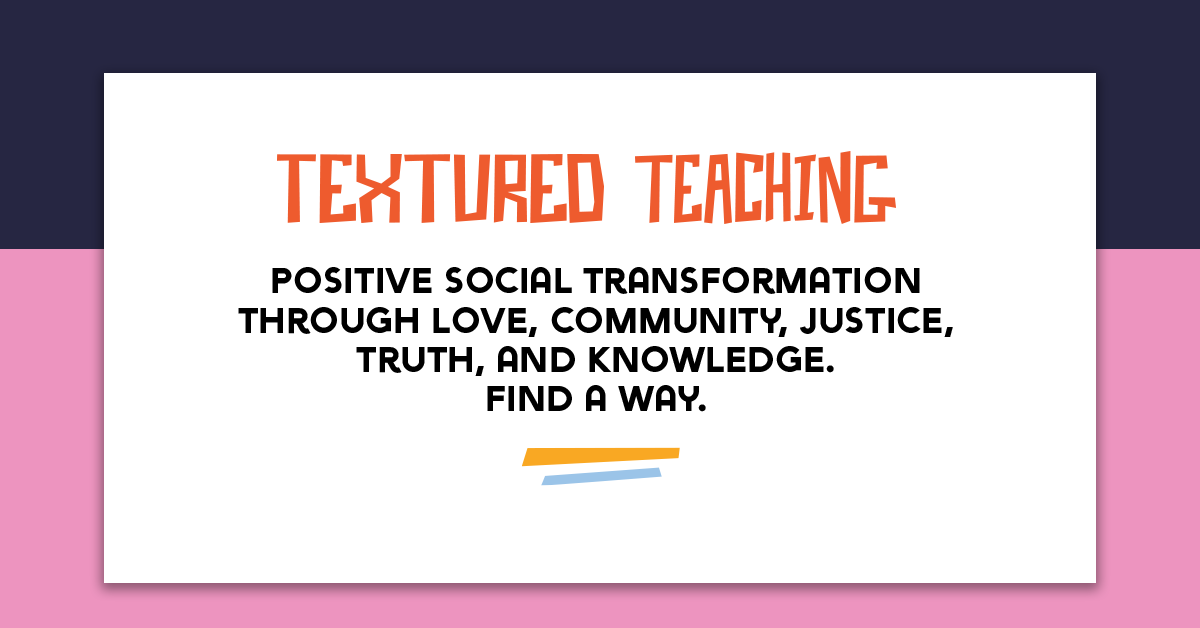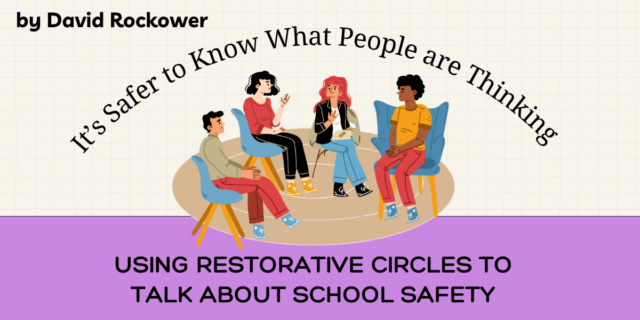
In this excerpt from Textured Teaching: A Framework for Culturally Sustaining Practices, author Lorena Escoto Germán describes her “land acknowledgement” activity which builds classroom community and raises social consciousness around the unique history of the land on which a school resides. Taken from Chapter Two: Textured Teaching is Student Centered and Community Driven, the land acknowledgement activity is just one of many that Lorena offers to build rapport with students, sustain relationships, and consider the community in which we teach.
The Land Work
The history of the United States is fraught with violence, pain, theft, and blood. In their powerful book, An Indigenous Peoples’ History of the United States for Young People, Mendoza and Reese explain how “everything in US history is about the land” (Dunbar-Ortiz 2019, 1) and chronicle the injustice suffered by many Indigenous nations. Acknowledging Indigenous People and history is a necessary part of understanding the community of your school. Wherever we may be in the United States, we are on their original land. As you begin to bring community into the class, it’s important to be deliberate about not erasing Indigenous People and their history. If you start here, you may uncover what the trauma might be in that community and what work needs to be done. More importantly, you may learn about what students may be walking in with, in their metaphorical emotional backpacks.
To get a sense of how aware your students are, you can begin by asking them if they know the history of the land the school sits on. Some students may be well aware of systems of oppression and wondering what role their school plays in that. Some students may have no clue that they attend school in what is most likely stolen land. What a great opportunity to welcome them into truth! Regardless of your student population, engaging in dialogue about the land on which your school sits begins the process of restoration and connection in that community. Take time to address this and make space for the conversations students may want to engage in, then introduce them to a land acknowledgment.
In its simplest form, a land acknowledgment is a statement that acknowledges and names the original people of and the Indigenous name for the land on which you are standing. You can also take it a step further and mention the process by which that land was stolen. For example, as I write this, I sit on Tonkawa land. In a blog post on her website (American Indians in Children’s Literature), Dr. Debbie Reese offers best practices when doing a land acknowledgment and resources to start your search for information. The key takeaway is to do your research. A good website to start your search is https://native-land.ca. Or, as of this writing, you can text your zip code to (907) 312-5085. But don’t worry, you don’t have to do any of it alone, you can do it alongside your students! Figure 2–1 lists some questions you can ask to invite students into the conversation with you.

Typically, I do this at the start of the school year, but I can see arguments for doing this at the start of a unit focused on Indigenous literature. When done correctly, a land acknowledgment can be a powerful experience that brings a level of awareness and purpose to the work in the classroom moving forward. Everyone in the room is called in to consider the pain of the loss, the resilience of the people who have been erased, the vibrancy of the language, and how to move ahead with respect. This statement also sets an important tone: you are striving for social consciousness, you are open to seeing the truth as ugly as it may be, this will be a classroom for restoration, and you are welcoming students into this journey with you, and to do so, honest relationships will be necessary. If students know you value your relationship with them, they’ll be able to trust that you are truly trying to develop a classroom where their needs and interests drive curriculum as much as possible—one where you see them as leaders who walk into the room with a wealth of knowledge and literacy practices.
To learn more, watch this book trailer in which Lorena provides an overview of Textured Teaching.
Browse other blogs featuring Lorena Escoto Germán.

Lorena Escoto Germán is a Dominican American educator focused on anti-racist and antibias work in education. She earned her master's degree at Middlebury College's Bread Loaf School of English.
Lorena is a two-time nationally awarded educator whose work has been featured in newspapers and journals including The New York Times, NCTE journals, EdWeek, National Writing Project, and Embracing Equity. She is author of The Anti Racist Teacher: Reading Instruction Workbook.
A cofounder of the groups #DisruptTexts and Multicultural Classroom, Lorena is the director of pedagogy at EduColor and Chair of NCTE's Committee Against Racism and Bias in the Teaching of English. Of all her work, Lorena is most dedicated to her roles as wife and mami.

Related Reading

The following is excerpted from Textured Teaching: A Framework for Culturally Sustaining Practices by Lorena Escoto Germán.

